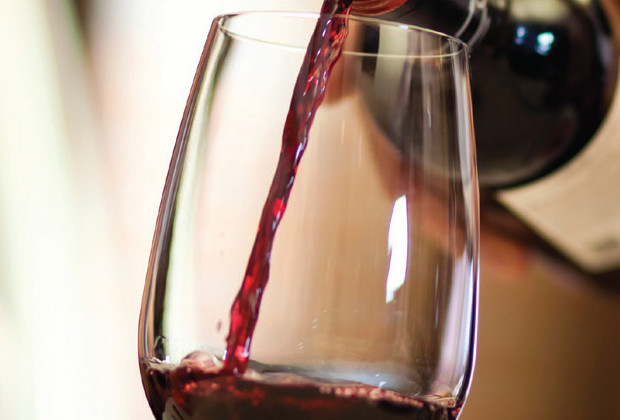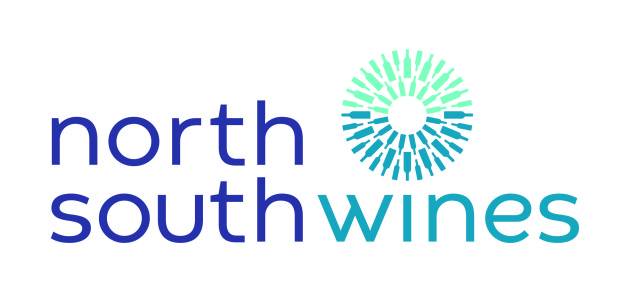
Premium drinking habits in the firing line amid economic shutdown
The ‘less but better’ mantra adopted by the trade over the past decade could be facing an existential threat, an industry expert has warned, as the coronavirus (Covid-19) epidemic hits the reset button on drinking habits.
Over the past week, businesses have quite rightly been focusing their attention on the health and safety of staff and customers while making difficult decisions, often overnight, to ensure longevity.
However, Spiros Malandrakis, industry manager for alcoholic drinks at Euromonitor International, is now warning businesses that another, major, rethink is on the horizon around drinking habits, as consumers reorient their lives around staying indoors and avoiding pubs and bars.
This is particularly true of premium drinking habits, as premiumisation and trading up have been largely driven by the on-trade over the past decade.
“The on-trade has been the pedestal for driving the premium narrative. The trade has embraced it like a religion,” said Malandrakis.
“But if you look at the booming low and no market and where we are now, most people are stuck at home at the moment with no discretional income. Will they be willing to pay £30 for what is essentially distilled water or would they rather spend £10 on a bottle of vodka? It’s the same with [wine] varietals.
“What we saw in the recession of 2008 was that even if people that could afford more expensive wines or niche varietals, they didn’t buy them because it looked crass. The context has changed.
“I’m not saying the industry is over. What we know from history is that people will always continue drinking. It’s not the end of the world but it will be a different world to the one we’re used to.”
Malandrakis, who has been ahead of the curve on many an industry game-changer, including the rise of cannabis and CBD, is now urging businesses to think carefully about their strategies, and to include entry level and ‘trading down opportunities’ as people reign in spending.
In conversation with Harpers, he said a conservative estimate for on-trade businesses to get back on their feet will be within three to six months. However, “paranoia” and a war time mentality when it comes to spending could be with us for much longer.
“In China, maybe two-thirds of hospitality venues are reopening now, but they’re not allowing people through the doors in like droves like they used to. When we come out of our bunkers in three to six months in a best case scenario, the world we come out to will not be the same world we left,” he said.
As he says however, this isn’t the end for drinks.
He foresees a “realigning of the values” around eating and drinking local and “home-tainment”, including cocktail-making kits, as a potential space for the traditional on-trade.
“This ties into the rise of spirits and the premium, hyper local trends that have been driven by the on-trade and by cocktails. Hyper local will accelerate massively not just in a supply chain sense, but in the sense of community. We’re just going to have to get our heads around the fact that this is the new normal.”
For more on the long-term view on how the coronavirus (Covid-19) epidemic might impact drinking behaviours, see Harpers' April issue, available next Friday (April 3).
Keywords:
- People
- trade
- premium
- industry
- world
- drinking
- habits
- over
- drinking habits
- businesses
- local
- past decade
- CBD
- six months
- hyper local
- game changer
- game changer including
- include entry level
- “in china maybe
- longer “in china
- war time mentality





